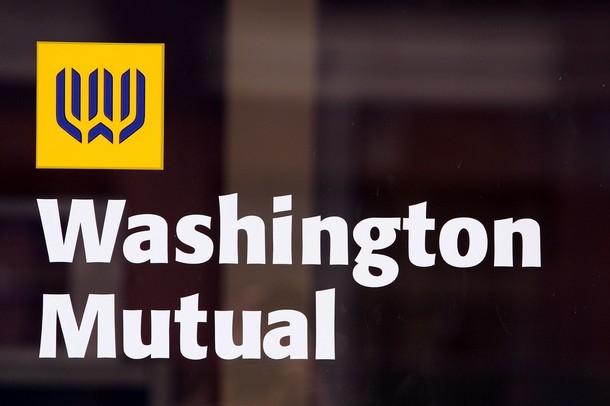In largest-ever US bank failure, WaMu falls
 New York/Frankfurt - It is a dramatic race against time - while Washington fights a battle over a mammoth rescue plan for the financial sector, the credit crisis is bringing down one US bank after another.
New York/Frankfurt - It is a dramatic race against time - while Washington fights a battle over a mammoth rescue plan for the financial sector, the credit crisis is bringing down one US bank after another.
The latest victim was the country's once-leading savings bank, Washington Mutual Inc (WaMu). Federal regulators late Thursday shut down the institution and its assets were immediately sold for a pittance late Thursday to the financial giant JP Morgan Chase in an emergency move.
The largest bank failure in US history again brings home the bitter point that the end of the crisis remains far off.
The spectacular fall of Washington Mutual surprised experts both in its tempo and scale. Everyone knew of the holes of billions of dollars that the bank had been left with after the real estate and mortgage boom became a crisis on defaults of sub-prime mortgages to borrowers with poor credit that had been packaged into assets and sold to investors.
For weeks, the stock exchange listed WaMu had been considered a candidate for an acquisition, but not for an outright collapse.
The Federal Deposit Insurance Corporation (FDIC), a government agency that insures bank accounts up to 100,000 dollars, wasted no time. It shut down shut down WaMu, sold off its "good parts" in no time and let its liabilities go down to the detriment of shareholders and creditors.
The authorities' only objective was to avoid panic. Buyer JP Morgan Chase guarantees all deposits and will take over operation of WaMu's branches. Regulators insist that the FDIC will not need to step in as a last safety net to protect individuals' deposits.
In the days prior to the collapse, clients had taken close to 17 billion dollars out of WaMu, as the price of its shares had fallen sharply. It was rating agencies that dealt the Seattle, Washington- based bank the final blow, after they downgraded the institution to a "junk" rating.
Financial companies seem to have been falling like domino pieces for the past two weeks, victims of the ongoing credit crisis - from the bankruptcy of investment bank Lehman Brothers to the government takeover of insurance giant American International Group (AIG).
In this context, the latest shock also brought some relief.
"It is good that the take-over of WaMu avoids a systemic crisis," said Frankfurt analyst Dirk Becker.
However, although customers were protected, the fact that creditors and shareholders are left empty handed does not do a lot to increase confidence.
"If the US government's rescue plan does not pass, there is danger of a catastrophe," Becker noted.
"This is no time for campaign wrangling," agrees Robert Halver, an analyst with the Baader Bank. "A debate that is too long could mean the clinical death of the American patient."
Congress was continuing to hammer out a plan on Friday after Republicans in the House of Representatives objected to an earlier agreement in "principle."
For WaMu, any kind of assistance will come too late. From Friday morning, the name JP Morgan Chase will hang on the 2,200 former WaMu branches.
JP Morgan Chase shines as one of the top banks in the United States, and is increasingly looking like a winner in the crisis.
Chief executive Jamie Dimon, 52, is looking for bargains among the rubble - first with the purchase of the investment bank Bear Stearns some months ago, now with WaMu. As a former top manager, Dimon helped the rival Citigroup grow to its current size, but he had to start off in troubled times in 1998.
Since 2006, he is repeating the process of expansion at the head of JP Morgan, and he has so far done better than most competitors in the credit crisis.
Amid the ongoing turbulences, the legendary US investor and multi- billionaire Warren Buffett is also finding great buys. For one, he issued a signal of hope for the sector and invested 5 billion dollars in the investment bank Goldman Sachs.
"Five years from now, 10 years from now, we will look back at this period and we will say you could have made some extraordinary buys," said Buffett, 78, who was until recently the richest man in the world. (dpa)